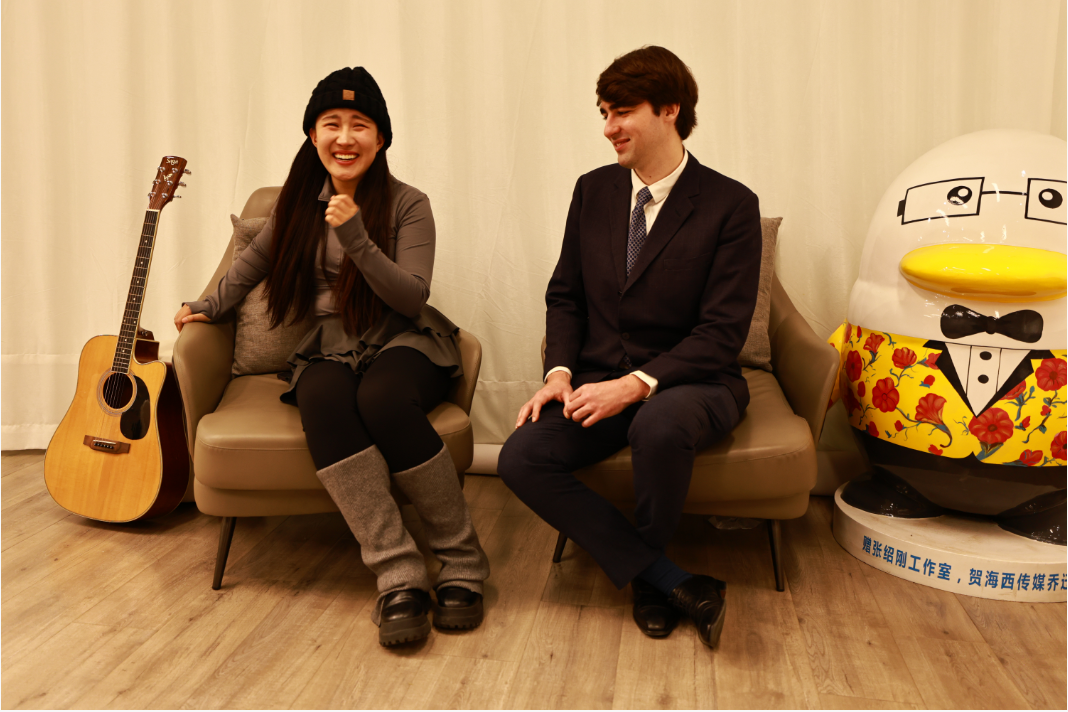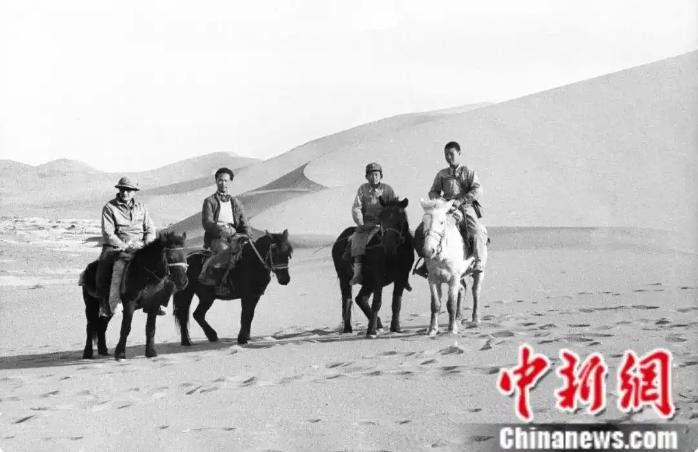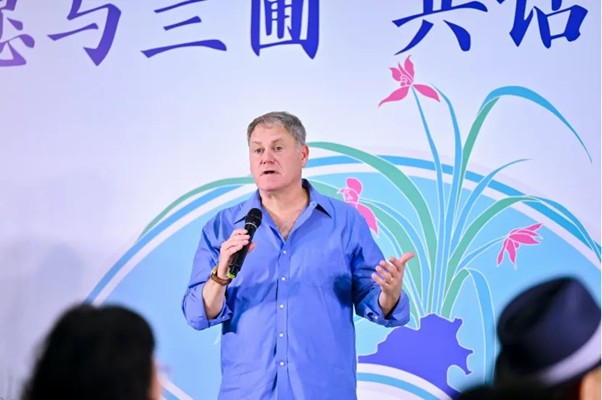Liu Cixin, famous Chinese science-fiction author of The Three-Body Problem talks to East Meets West about AI, Science Fiction, and the future.
A few days ago, the 35th Galaxy Awards ceremony, known as ‘China’s highest science fiction award’, came to an end in Chengdu, China. The Best Long Story Award, which has been vacant for two consecutive years, was won by Yan Xi’s The Age of God-Making, while British author and Hugo Award winner Adrian was awarded the Most Popular Foreign Writer Award.
Liu Cixin, a Chinese science fiction writer and chairman of the jury of the 35th Galaxy Awards, was the reigning winner of the Galaxy Award for Chinese Science Fiction from 1999 to 2006, and his science fiction novel The Three-body Problem was awarded the Hugo Award for Best Long Story by the 73rd World Science Fiction Convention.
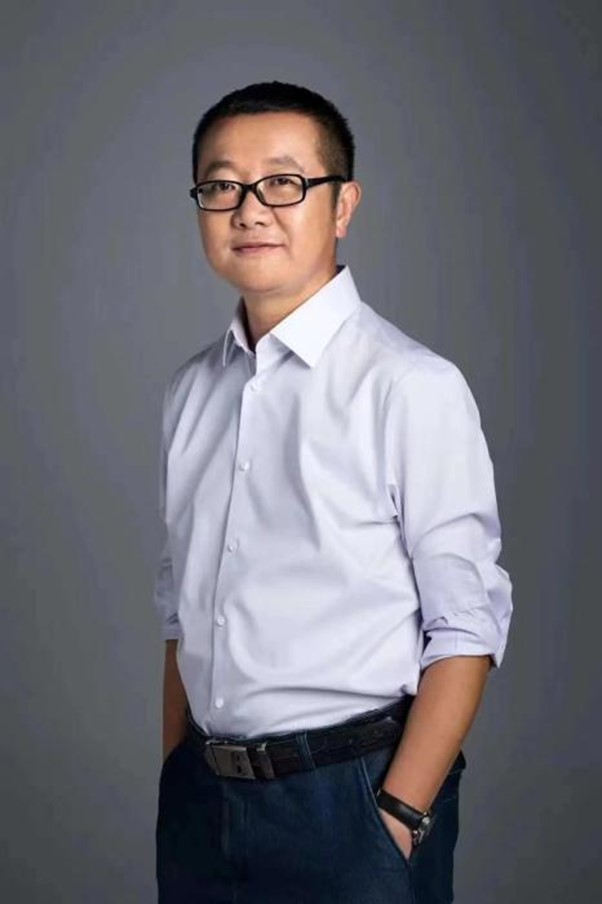
A Lai, vice-president of the Chinese Writers’ Association, chairman of the jury of the 35th Galaxy Awards, and former president of Science Fiction World Magazine won the Fifth Mao Dun Literature Prize for his long novel Dust Settles, and the Seventh Lu Xun Literature Prize for a middle-grade novel for The Mushroom Circle.
As the highest honour for Chinese sci-fi, the Galaxy Award is a window for Chinese sci-fi creators to face the world, and a platform for Chinese sci-fi fans to quickly get to know foreign sci-fi creators. Since its establishment in 1985, what changes have the Galaxy Awards witnessed in Chinese science fiction? What is the spiritual essence of science fiction literature? How does it resonate with human beings? Liu Cixin, chairman of the jury of the 35th Galaxy Awards and science fiction writer, and A Lai, chairman of the jury of the 35th Galaxy Awards and vice chairman of the Chinese Writers’ Association, were interviewed by East Meets West to answer these questions.
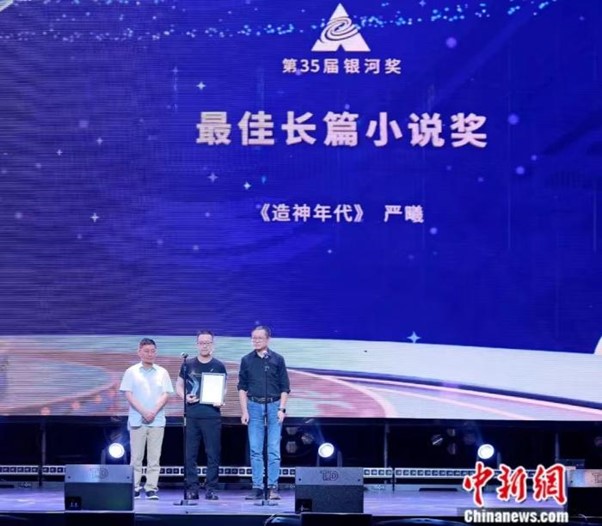
As the chairman of the jury of this year’s Galaxy Awards, what do you think of the Galaxy Awards? What changes has the Galaxy Award witnessed in Chinese science fiction?
Liu Cixin: Galaxy Award is the most important and most historical science fiction award in China. It has been precipitated for a long time, inherited the tradition of science fiction literature creation, focused on the diversity of science fiction literature, and attached importance to the discovery of young science fiction creative force, which has a great role in promoting the development of Chinese science fiction literature. It can be said that many Chinese science fiction authors have “come out” from the Galaxy Award, and my The Three-body Problems and Wandering Earth have won the Galaxy Award.
In recent years, with the breakthroughs in science and technology such as artificial intelligence and aerospace technology, the imagination of science fiction literature has been constantly stimulated. The authors of the 35th Galaxy Awards are younger, and their works are more diversified and innovative. It is worth noting that although the Galaxy Award has witnessed the transformation of Chinese science fiction literature from a ‘relatively marginal existence’ to ‘attracting a lot of attention’, we still need to continue to expand the scale of creation, the number of authors, and the strength of publication, so as to realise the expansion of the number of readers.
A Lai: Science fiction literature itself originated in the West, and when mankind began to realise the importance of science, literature responded accordingly. Although Chinese science fiction literature started late, it has become a great phenomenon nowadays. The purpose of any literary award is to promote the most representative and outstanding works in certain fields within a certain period of time. It gives praise to outstanding writers and motivation to those who are still struggling.
Since the success of the Galaxy Awards, it has witnessed China’s science fiction works going from relatively naive to more mature, the increasing richness of China’s science fiction categories, and the exchange of science fiction between the East and the West. This year, there are 56 science fiction novels qualified for the Galaxy Award essay selection. These works cover a wide range of topics, reflecting the current status and trend of science fiction creation, as well as the hot scientific and technological topics of concern to science fiction writers and society. While the earliest Galaxy Awards were mainly oriented to science fiction literary works, this year’s Galaxy Awards also included the Best Science Fiction Game Award, the Best Translation Award, and the Most Popular Foreign Writer Award.
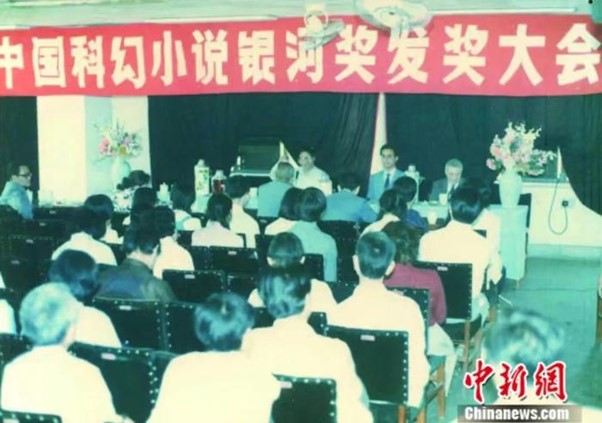
How do you see the current developments in artificial intelligence affecting human society as a whole? What does this tell us about science fiction literature?
Liu Cixin: To a certain extent, science fiction literature cannot alleviate human anxiety about artificial intelligence; on the contrary, it may aggravate it. Because in science fiction literature, artificial intelligence often has self-awareness, to conquer the world or even exterminate human beings.
Today, the development of artificial intelligence based on big data models, is far from the science fiction literature of artificial intelligence ‘scale’, but this does not mean that artificial intelligence is not a threat. The biggest real threat brought by the current artificial intelligence is that they are taking over people’s jobs. This threat has gone virtually unnoticed in previous science fiction literature, with few works describing scenarios in which AI causes human unemployment.
There is a genre of Chinese science fiction called science fiction realism, in which reality is viewed through the eyes of science fiction. I look forward to more science fiction novels that depict this relatively near future and the real changes that artificial intelligence will bring to human society.
In science fiction literature, including The Country Teacher, technology and education are often given an important role. Is this a ‘sci-fi’ homage?
Liu Cixin: Science fiction literature itself is a kind of literary subject spawned by science and technology. Most of the characters in science fiction literature are educated in science, otherwise, it would be difficult for the authors to construct a ‘future world’.
The most reliable forces that mankind can rely on to move into the future is science, technology and education. Therefore, in science fiction literature, which depicts the future as its mission, science, technology and education are magnified even more. As in the story of The Country Teacher, science education unintentionally saves the planet, but whether such a thing actually happened, we may never be able to prove it.
A Lai: No matter what form science fiction evolves in, its kernel is still mankind’s imagination and yearning for the future world.
Lu Xun once translated the Japanese translation of Jules Gabriel Verne’s science fiction masterpiece From the Earth to the Moon into Chinese, naming it Travelling to the Moon, and said, ‘If I want to make up for the shortcomings of today’s translation and to guide the Chinese crowd to proceed, I must begin with science fiction. Science fiction needs to be based on science to imagine the future, otherwise it is just pie in the sky. To write a good science fiction novel, we should love science, love fantasy, and love to create beautiful literature and art.
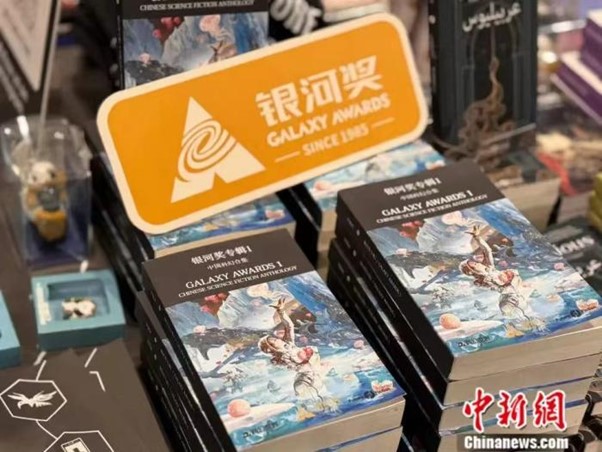
What is the spiritual essence of science fiction literature? Why does it go across borders and resonate with humanity?
Liu Cixin: Although the characters of science fiction works have different national and cultural backgrounds, these are not the most important, and human beings often appear as a whole in science fiction literature. I also did not intentionally highlight the Chinese elements in my creation but put my vision on the history of human civilisation.
The spirit of collectivist sacrifice, overcoming disasters and the nostalgia for one’s homeland in Wandering Earth is not ‘unique to Chinese culture’, as some critics have said. As early as the 1930s, some American astronomers proposed a similar idea of ‘Wandering Earth’. Science fiction literature and films in Europe and the United States are also often coloured by collectivism.
The reason why science fiction literature can resonate with different cultures and classes in the world and build a bridge between the East and the West lies in the fact that in science fiction literature, the earth can be turned into a spaceship flying into the universe, and human beings exist as a whole. This is also the spiritual essence of science fiction.
A Lai: About three million years ago, humans began making stone tools, and with writing, history began to accelerate. Humans began to think about where they were really going, about the possibilities for the evolution of human beings, of human nature, and of human social organisation.
Therefore, we can always see in science fiction literature and science fiction films that many people of different races are united because they have a common home called the Earth. In the science fiction world, whenever mankind faces the vast universe, it does not matter whether it is East or West. It is more important that we are a community of destiny and that we share a common attribute as human beings on Earth, and this is why science fiction resonates with readers around the world.
We know that the sun will go out one day and the earth will be swallowed up by the sun before it goes out. If mankind needs an everlasting future, it needs to explore the infinite possibilities by combining science and literature, so science fiction literature is a very important direction of development in the history of human literature. Today’s science fiction literature is on the rise because mankind needs an unlimited future.
If you liked this article why not read: ‘Riding Alone for Thousands of Miles’: Dutchman Ole Bouman’s ‘Journey to the East’




